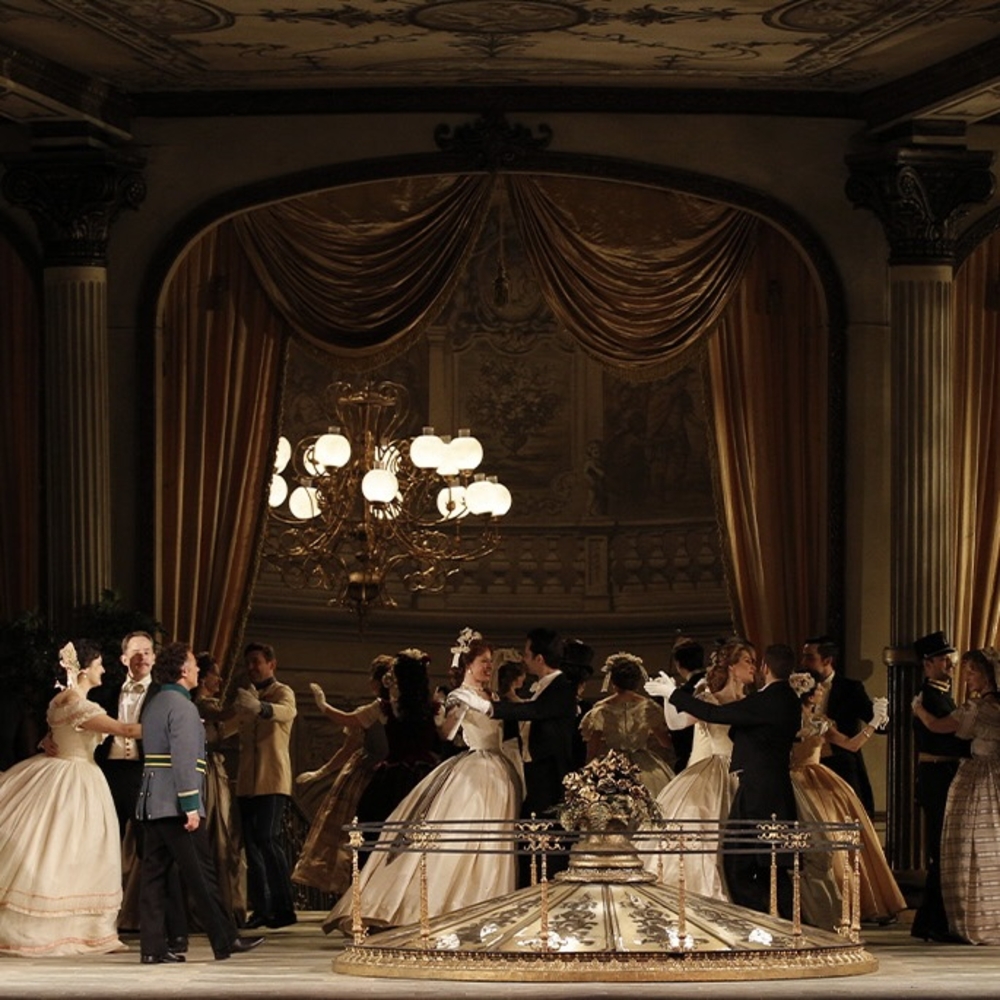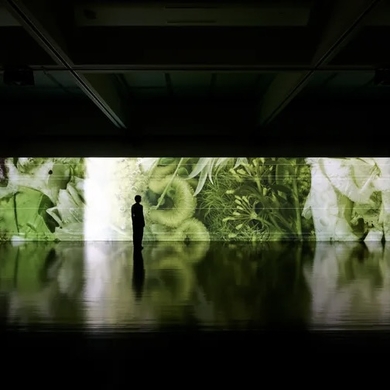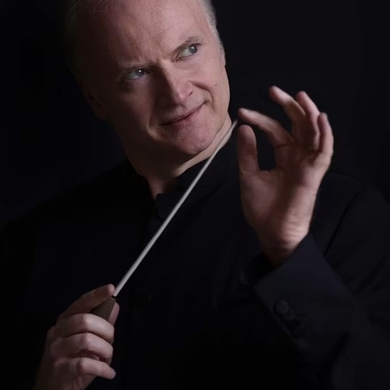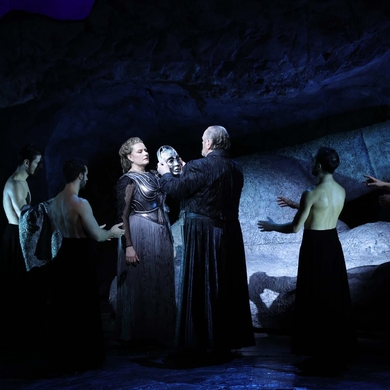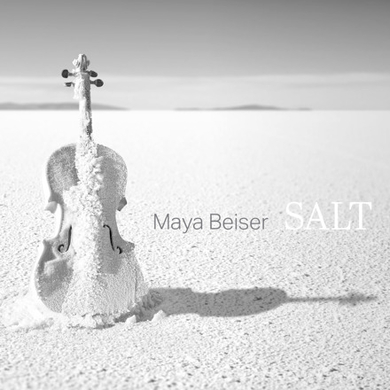There’s a world of difference between the Marschallin of Richard Strauss and Hugo von Hofmannsthal’s early smash hit Der Rosenkavalier and the title character of Arabella, their far-less-popular sixth collaboration and last hurrah. The rococo Marschallin is the trophy wife of a top-ranking military officer whom she avoids as much as possible, filling the emotional void with discreet, guilt-free liaisons. Arabella, the daughter of a petty aristocrat on the skids, is a ravishing beauty bombarded with proposals from rich, titled nobodies while she daydreams of Mr. Right. Both ladies hear the clock ticking—the Marschallin because her charms are fading, Arabella (who is half the Marschallin’s age) because it’s Shrove Tuesday, and she has only until midnight to seal a deal. Yet for all that separates them, the roles both presuppose a diva of exactly the same description, whose soprano is creamy, whose phrasing is generous, whose intelligence sparkles, and whose personality lights up the house. Lisa Della Casa, a favorite of the composer, filled the bill and made a specialty of both. So, more recently, have Kiri Te Kanawa and Renée Fleming. With her role debut as Arabella at the Metropolitan Opera this season, the seasoned international Marschallin Rachel Willis-Sørensen takes her place in that glamorous succession. Louise Alder sings her devoted, rather frantic sister Zdenka, forced to masquerade as a boy; the two sopranos’ first-act duet about waiting for Mr. Right should stop the show. Another likely show-stopper comes in the second act, as Arabella meets an unexpected Mr. Right (Tomasz Konieczny, bass baritone) just in the nick of time—not that everything’s quite that easy. Squaring the amorous roundelay, the tenor Pavol Breslick portrays the suicidal junior officer elated to discover that he’s been romancing the wrong sister. Nicholas Carter conducts. —Matthew Gurewitsch
